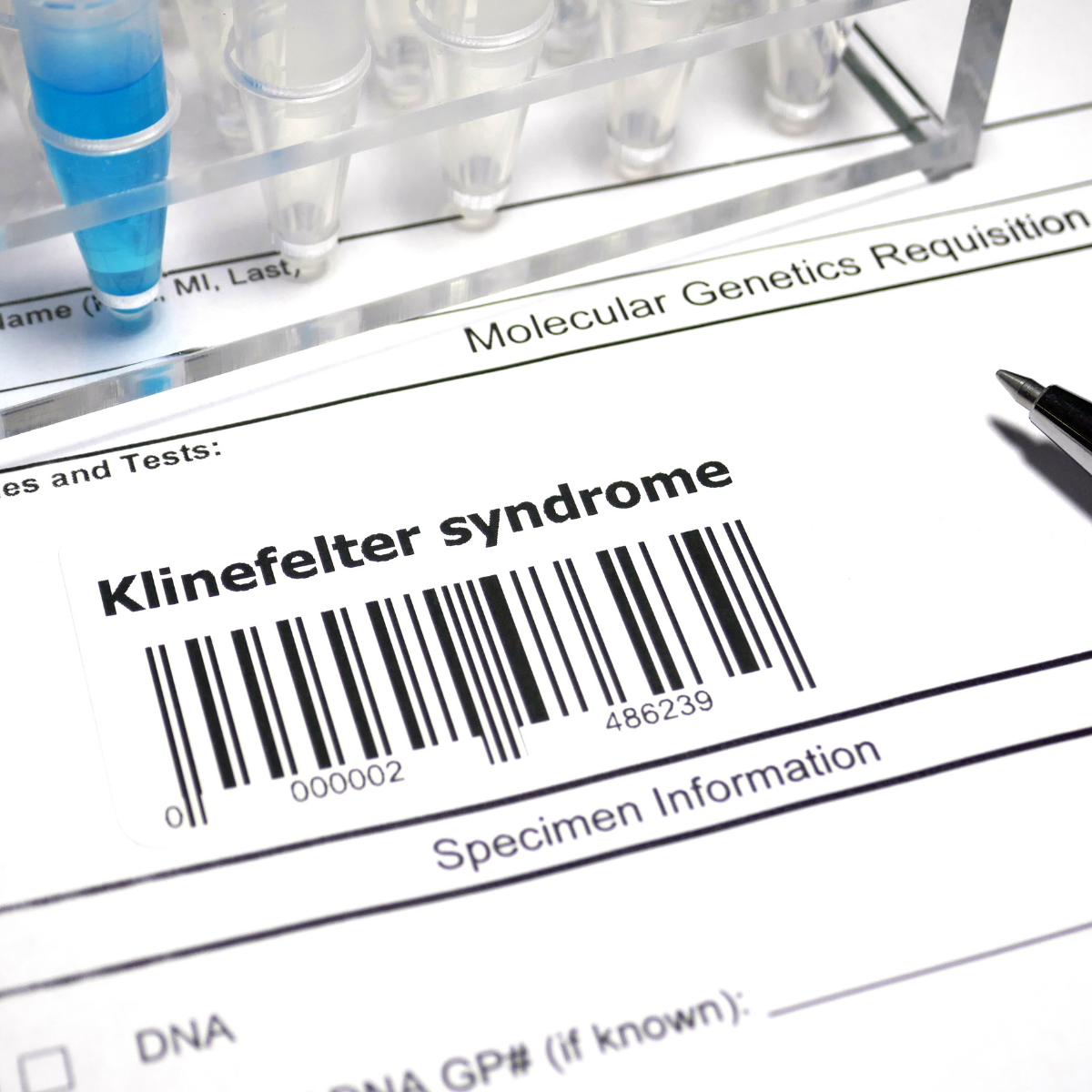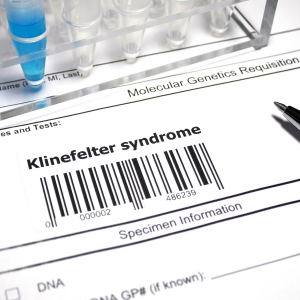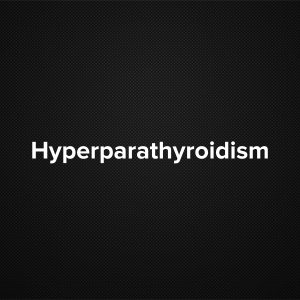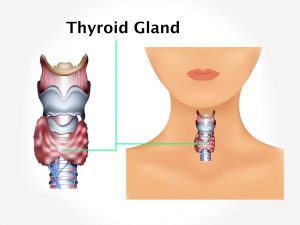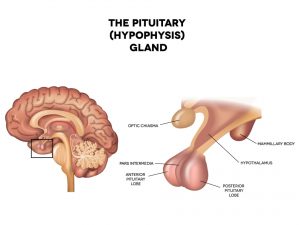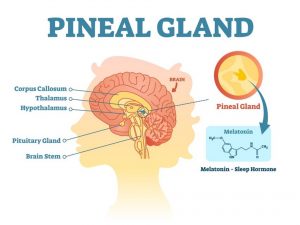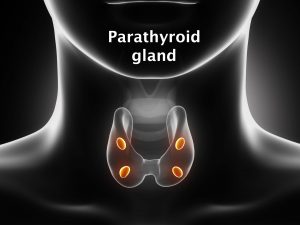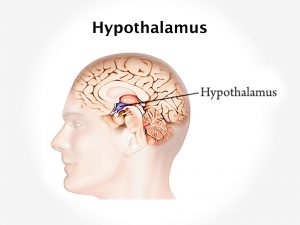Causes and risk factors
It is a genetic disorder but not passed down to generations. A normal male has 46 chromosomes in which there is a pair of sex chromosome. In females it is XX while in males it is XY. Klinefelter syndrome is caused due to presence of an abnormal or extra X chromosome in males [XXY].
Clinical presentation
Klinefelter’s syndrome being an abnormality of sex chromosome, it affects male sexual development. The child shows weak muscles, slow motor development, slow and dull children, delayed talking, walking, and undescended testes. Boys with an extra X chromosome are normal in appearance before puberty; thereafter, they have disproportionately long legs and arms, , weak bones, a female escutcheon, gynecomastia, small testes, small penis, decreased sex drive. They show low energy levels, shyness, and difficulty in expressing emotions, socializing, and attention problems. In adult males, infertility is due to azoospermia [absence of sperm]; the seminiferous tubules are hyalinised. Male presents with more of the female features. Many men with Klinefelter’s syndrome have learning problems with normal or subdued IQ.
Investigation
Medical history by the patient and Clinical examination by the doctor helps in diagnosis. Hormonal testing is recommended. Chromosomal analysis is advised.
Treatment
Treatment involves testosterone replacement therapy. Treating infertility is required. Surgical intervention is needed [breast tissue removal] to treat gynaecomastia. Further treatment consists of speech therapy, physiotherapy. Psychotherapy and counselling can be helpful. Individual and family therapy, parent child interaction techniques, parent training, social involvement, spending quality time with children will also help in managing the condition. There are support groups for families that help reduce their isolation and frustration. Private tuition is necessary and proves very useful. Special learning assistance must be offered to the child. Constant positive reinforcement helps to improve the patient’s self-esteem. Boosting and encouraging the child to develop his skills in which he is efficient will also help in managing the condition.
Other Modes of treatment
The other modes of treatment can also be effective in treating Klinefelter’s syndrome.
Homoeopathy is a science which deals with individualization considers a person in a holistic way. This science can be helpful in combating the symptoms. Similarly the ayurvedic system of medicine which uses herbal medicines and synthetic derivates are also found to be effective in treating Klinefelter’s syndrome.
Facts and figures
Klinefelter’s syndrome is seen in 1 in 1000 of newborn males. Risk of breast cancer and diabetes is much higher in men with Klinefelter’s syndrome.
